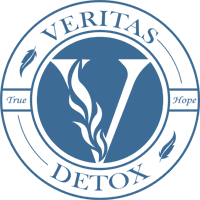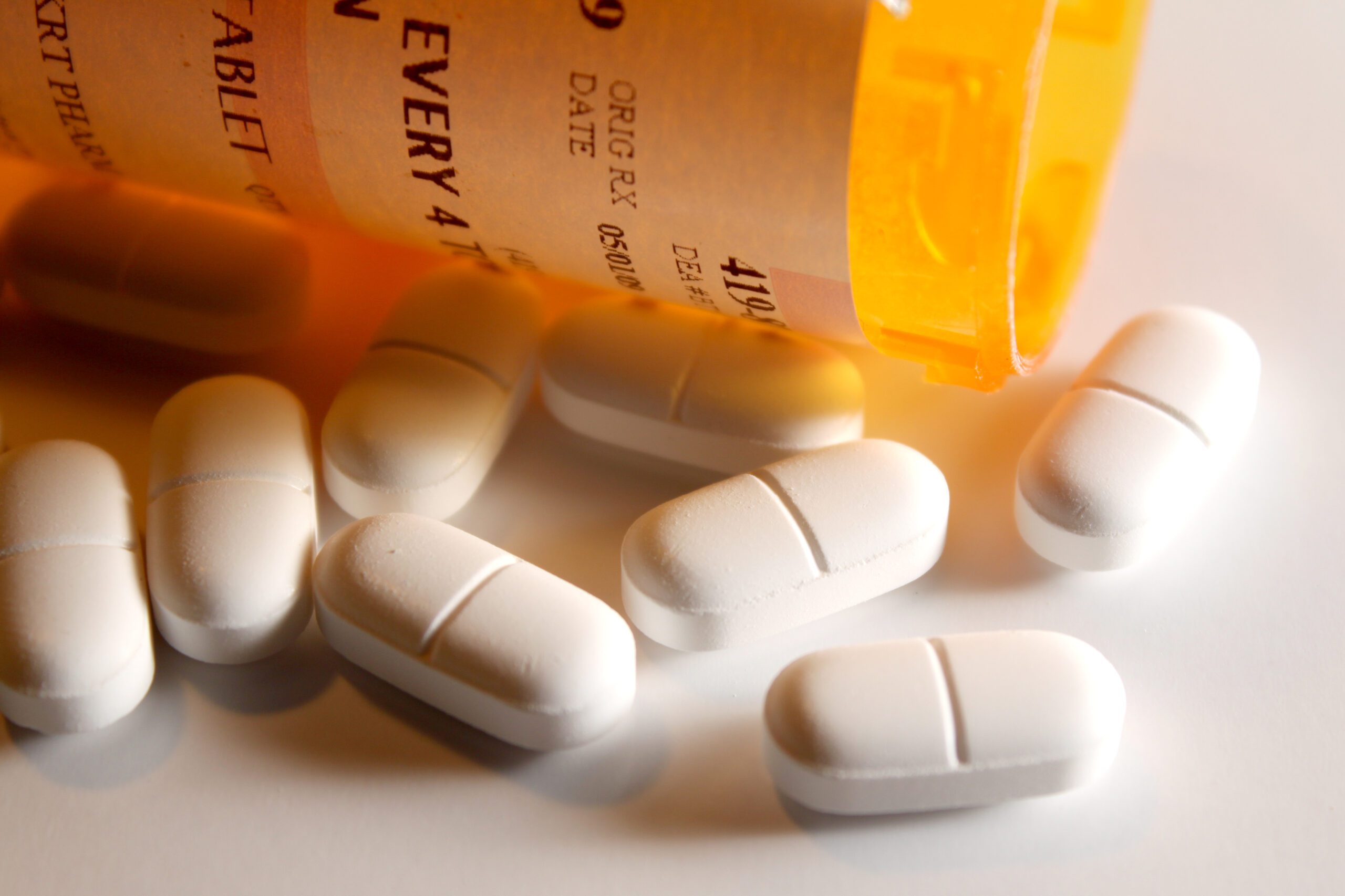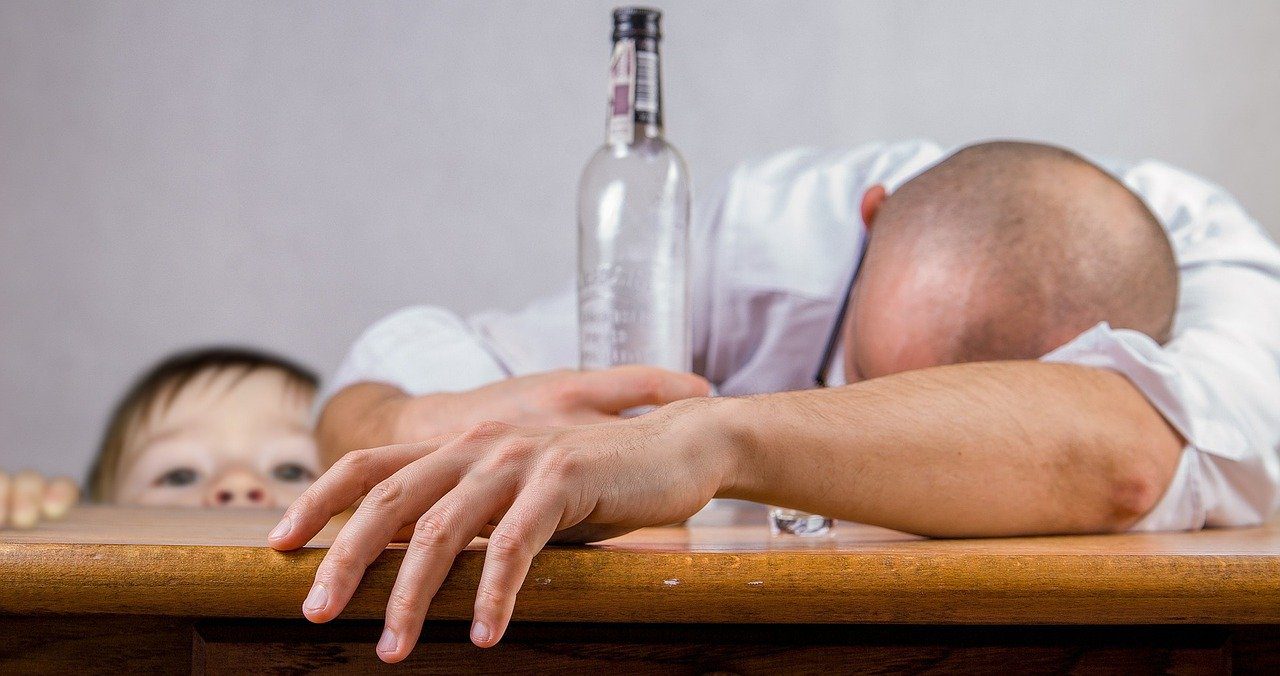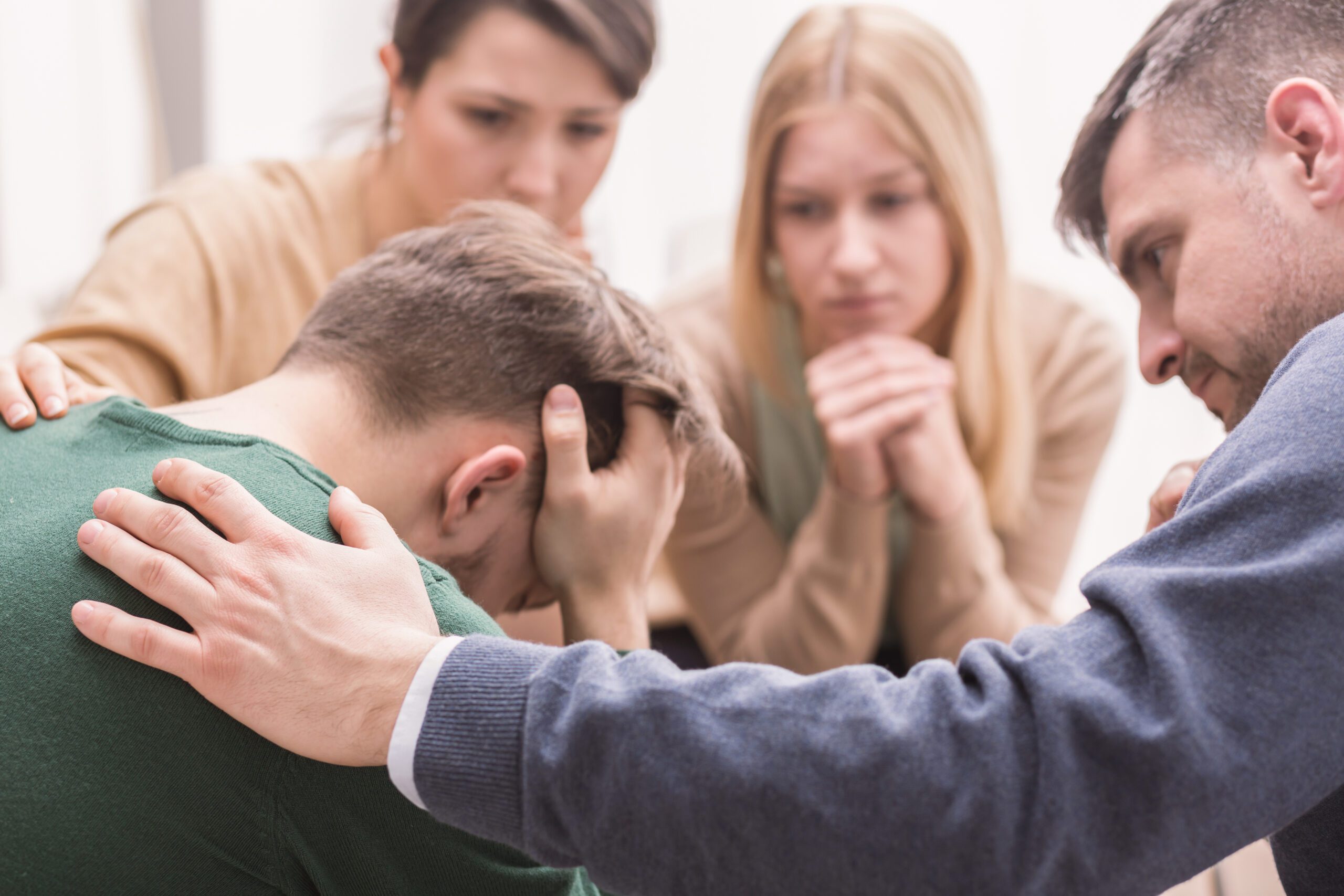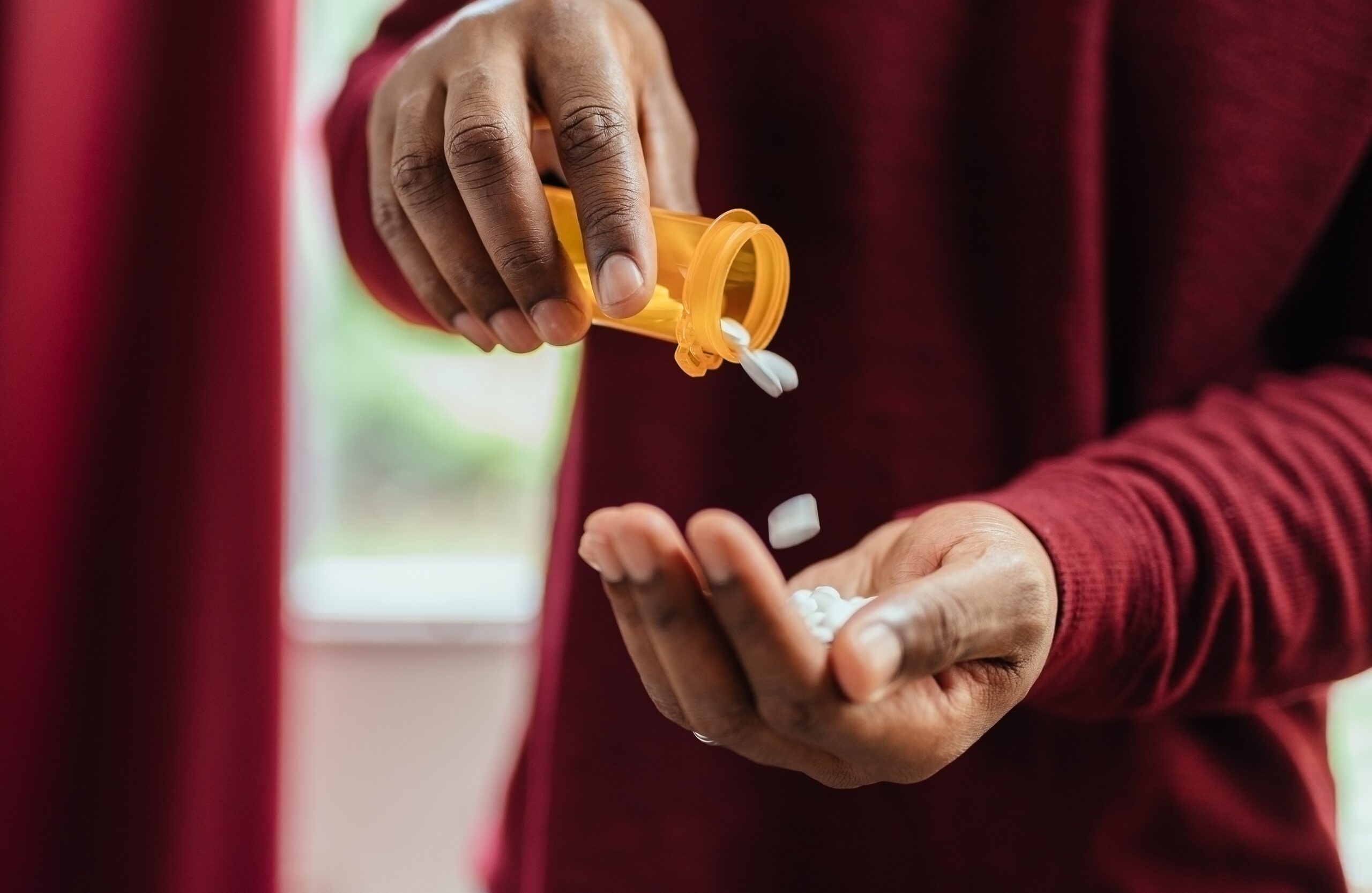Vicodin is a prescription medication that’s used to relieve pain in patients. The drug’s primary compound is hydrocodone—an opioid pain reliever.
When used as directed, Vicodin effects are an excellent way to help patients manage pain after surgery, dental procedures, injuries, or other conditions that may cause severe discomfort.
But can you get addicted to Vicodin? Let’s have a look.
What Is Vicodin Addiction
Vicodin addiction is a serious medical condition that occurs when someone becomes physically and psychologically dependent on Vicodin.
The Vicodin effects are similar to those of other opioids including heroin, fentanyl, codeine, morphine, oxycodone, hydrocodone, and morphine.
It is possible to successfully treat opioid addiction with medications, behavioral therapies, and recovery support services.
Since 1999, opioids have caused more than 16% of the 932,000 deaths related to drug overdoses in the United States.
It is clear from those large numbers that addiction to opioids is a serious problem that health officials and families should be concerned about.
Is Vicodin Addictive
Vicodin is just as addictive as any other opioid. If the medicine is not taken in the way a doctor prescribes, taken recreationally or for extended periods it can and often does lead to addiction.
Vicodin should be taken according to your doctor’s instructions, not exceeded, and not used for longer than necessary to minimize the risk of addiction.
Typically, a Vicodin dosage contains 5 milligrams of hydrocodone combined with 300 milligrams of acetaminophen. This is often referred to as Vicodin 5/300. However, your doctor might prescribe a different dosage depending on the patient’s needs.
A healthcare professional should be contacted if you notice signs of dependence, such as cravings, withdrawal symptoms, or difficulty controlling the medication’s use.
Signs of Vicodin Addiction
These are the most common signs that someone might show if they are addicted to Vicodin.
- Increased tolerance
- Withdrawal Vicodin effects if stopped using suddenly
- Preoccupation with obtaining and taking Vicodin
- Neglecting responsibilities and relationships
- Changes in mood and behavior
- Continued use despite negative consequences
What Are the Symptoms of Vicodin Withdrawal
The first step in determining the severity of Vicodin addiction is to understand what symptoms are associated with Vicodin withdrawal.
Vicodin withdrawal symptoms can vary in severity and duration based on factors such as how long and how much Vicodin was taken.
While certain symptoms may be mild and not life-threatening, others—such as depression and autonomic hyperactivity—can be fatal.
If you plan to detox from Vicodin, you should speak with a recovery specialist first.
In addition, addicts or their loved ones should call 911 or a healthcare provider if they experience any symptoms of opioid withdrawal.
Some of the common symptoms of Vicodin withdrawal include:
- Excessive flow of tears
- Muscle aches
- Tremors
- Diarrhea
- Nausea and vomiting
- Dilated pupils
- Eye discomfort in bright lights
- Trouble sleeping
- Autonomic hyperactivity
- Irritable moods
- Depression and suicidal thoughts
- Anxiety
Vicodin Addiction Treatment
Now that you know what symptoms are associated with Vicodin addiction, it’s time to take action.
If you or anyone you know is addicted to Vicodin then you need to get in touch with Veritas Detox. We are a premier opioid addiction treatment center that specializes in Vicodin addiction.
Contact Veritas Detox today for an assessment of how we can help you or your loved ones manage a Vicodin addiction.
